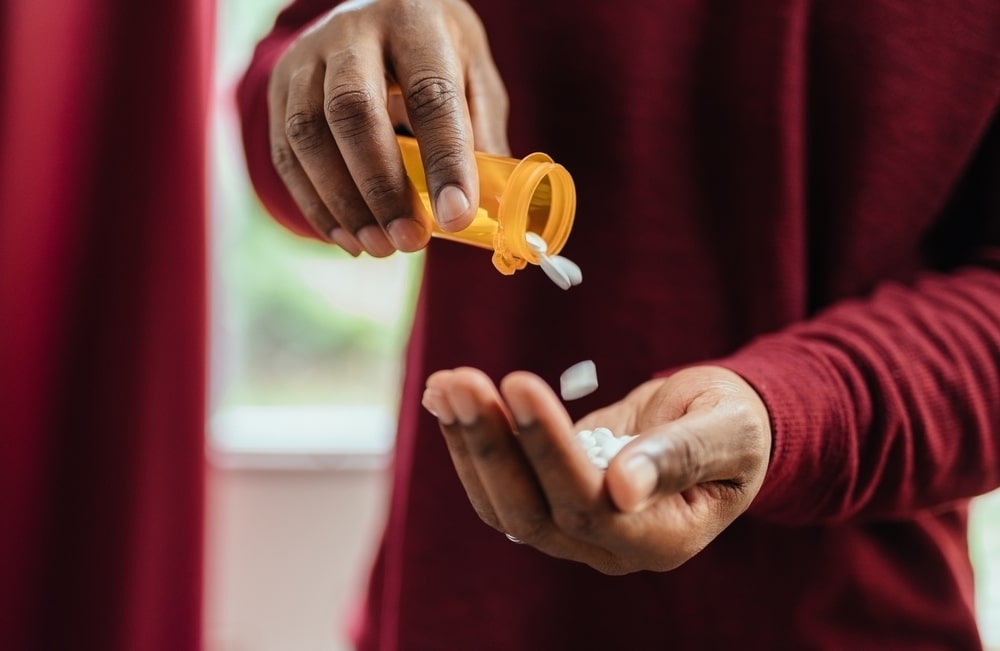First Responders
Home / First Responders
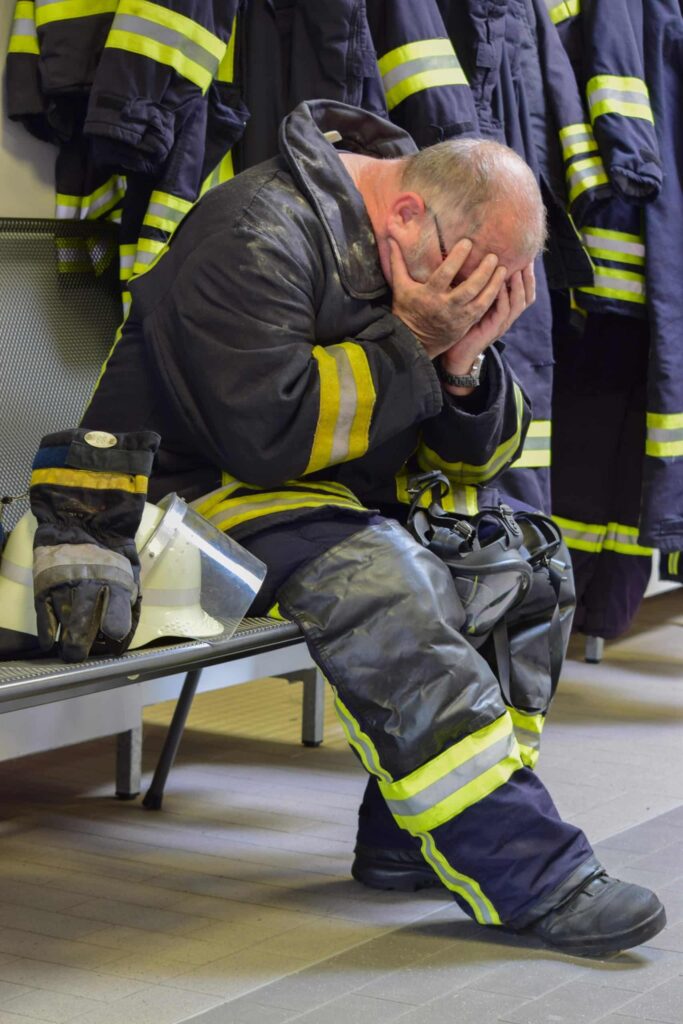
First responders are at an increased risk for several issues, including post-traumatic stress disorder and other mental health disorders, they are among the last to seek mental health or addiction treatment help. The National Alliance on Mental Illness (NAMI) indicates that 24% of dispatchers and 35% of police officers have PTSD. Post-traumatic stress disorder also impacts EMTs and firefighters.
It is estimated that up to 10% of paramedics develop PTSD symptoms, and approximately 37% of firefighters meet the diagnostic criteria for PTSD diagnosis. Recent studies of professions with a high risk for PTSD indicate firefighters, ambulance personnel, and police officers rank second, third, and fourth out of seven. Number one on the list were military service members.
First Responders, Addiction & Mental Health Treatment
First responders, including emergency medical services staff (such as paramedics, ambulance workers, and dispatchers), fire services personnel, and law enforcement, are some of the first to step on the scene of the most dangerous, emotionally challenging, and demanding situations. They are the first to interact with those needing life support, immediate care, and urgent medical assistance. They also witness the aftermath of a crime, disaster, and loss of life.
When faced with some of the most emotionally charged situations, first responders must maintain composure and compassion for patients, victims’ families, and loved ones. They can’t panic, should not show fear, and must be emotionally available to support those in need. First responders need to be there no matter how exhausted, emotional, or in pain, they might be. This is a lot to ask of anyone.
Calusa Recovery Addiction Treatment Programs
What We Treat at Calusa Recovery in Fort Myers
The Benefit Of A First Responder Treatment Program
Mental health and addiction treatment programs for first responders are similar to that of the general population. For most, treatment includes various models of individual, group, and family therapy. Also, a comprehensive treatment program includes essential elements such as nutritional therapy, detox services, alternative therapies, and essential aftercare arrangements.
The significant benefit of attending a first responder rehab is participating in treatment with others who are part of the same profession and share many of the same struggles. It is not unreasonable to assume those who do not share such strenuous occupations and emotionally charged experiences may not understand the roots of first responders’ emotions and experiences.
At Calusa Recovery, we believe it’s crucial to offer high-quality first responder’s addiction treatment with this goal in mind. Substance use is an all-too-tempting way to cope with stress, trauma, and mental health needs.
Our goal is to provide our clients with healthier, more sustainable ways to face the underlying causes of addiction. We see each client as a whole person, which means we work to understand how factors like those below can impact their addiction.
Find Your Path to Healing
Request a Confidential Callback Now
"*" indicates required fields
Calusa Recovery's First Responder Programs
What To Expect At A First Responder Rehab
Addiction and mental treatment in Florida for first responders is not significantly different from traditional programs that address mental health conditions or substance use disorders. Addiction treatment typically includes therapy, including well-known treatment models such as dialectical behavior therapy and cognitive-behavioral therapy. In addition to evidence-based therapy models, most treatment programs include peer support groups (such as 12-step programs) which are highly beneficial when groups consist of participants from similar occupational fields.
Cognitive Behavioral Therapy
Cognitive-behavioral therapy, or CBT, is one of the most utilized addiction treatment models. CBT can be successfully applied across various behavioral addictions, including substance use disorders. CBT sessions aim to help someone with addiction learn to recognize and change harmful behaviors and thought processes. Cognitive-behavioral therapy can help you develop healthy coping skills, identify risky situations, and learn how to apply healthy coping skills to those situations allowing you to prevent relapse.
Another benefit of CBT is its proven success in addressing co-occurring disorders. Co-occurring disorders (also called dual diagnosis conditions) occur when someone simultaneously experiences symptoms of an addiction and an underlying mental health problem. This is common for first responders experiencing symptoms of substance addiction and symptoms related to a mental health condition such as post-traumatic stress disorder, depression, or anxiety.
Dialectical Behavior Therapy
Dialectical behavior therapy is like cognitive behavioral therapy in that it can be adapted for many substance abuse situations. DBT therapy sessions help someone with drug or alcohol addiction learn how to manage cravings, develop healthy coping skills, and avoid situations where you may face exposure to relapse triggers or increase the risk of returning to harmful habits.
Peer Support Groups
The life experiences and challenges (even job-related challenges) that lead many first responders to start using drugs or alcohol are significantly different from what most society members experience. First responders see firsthand injury, trauma, loss, and death on nearly a daily basis. It is easy to see how functioning in this type of environment can be psychologically, physically, and emotionally draining. Peer support groups, including AA (Alcoholics Anonymous) or NA (Narcotics Anonymous), are vital components of primary addiction treatment aftercare programs. Peer support groups offer those recovering from addiction a safe and supportive environment to discuss their successes, fears, and challenges while continuing to work towards sobriety.
Peer support groups are the most effective when groups are comprised of participants from a similar background. For first responders, support groups with other members of the same “community” offer a safe and secure environment to learn more about addiction and discuss with like-minded peers the day-to-day experiences that first led to addiction. This is not to say that first responders can discuss specific cases or situations; however, the overall depth of their work, the challenges they face, and how those challenges led them to seek addiction treatment.
The American Society for Addiction Medicine recommends that first responders seek addiction treatment programs that address their unique needs. As noted above, the daily environment in which first responders operate is vastly different from a nine to five office job or virtually any other type of career. First responders or any position that involves maintaining public safety. Additionally, many first responders have access to the same drugs (or alcohol) they sought treatment to overcome. Consequently, relapse prevention education and aftercare treatment planning may be different for first responders than for other members of the general public.
Another notable treatment difference is that many first responders make poor patients. They are used to being the person who helps, not the person being helped. Years of training and employment experience have taught many first responders to quickly establish and maintain control over the most stressful and emotionally charged situation. This becomes ingrained and could be an added complication when first responders are required to transition into the role of “patient” and allow an addiction treatment provider to “take control.”
The most successful treatment programs for first responders will employ treatment providers who understand these challenges. They must be trained not only to be compassionate towards this unique characteristic of their patients but to find a way to use it as a strength throughout their treatment program. Also, as previously noted, first responders often do better in groups of like-minded individuals or peers from the same professional background. Stigma related to addiction treatment is a barrier for everyone, not just first responders. However, the barrier is even more significant for first responders, including police officers, firefighters, and emergency medical personnel.
Again, first responders are expected to be the person in control and the person providing safety, support, and guidance to people in need. It’s not uncommon for first responders to feel judgment if their car workers or community members learn they have a drug or alcohol addiction. Also, suppose they fear the information related to their addiction could be relayed to superiors within their department.
In that case, they are likely not to open up during individual or group therapy sessions. Successful addiction treatment requires openness and honesty. Sometimes, being in a group of peers enables higher levels of communication and honesty as the other group members likely share the same worries or fears.
Get Approved. Get Help.
Most Private Health Insurance Will Help Pay for Treatment.
Calusa Recovery does not accept Medicare or Medicaid as payment for substance abuse treatment.

Let us handle the details so you can focus on the help you need.
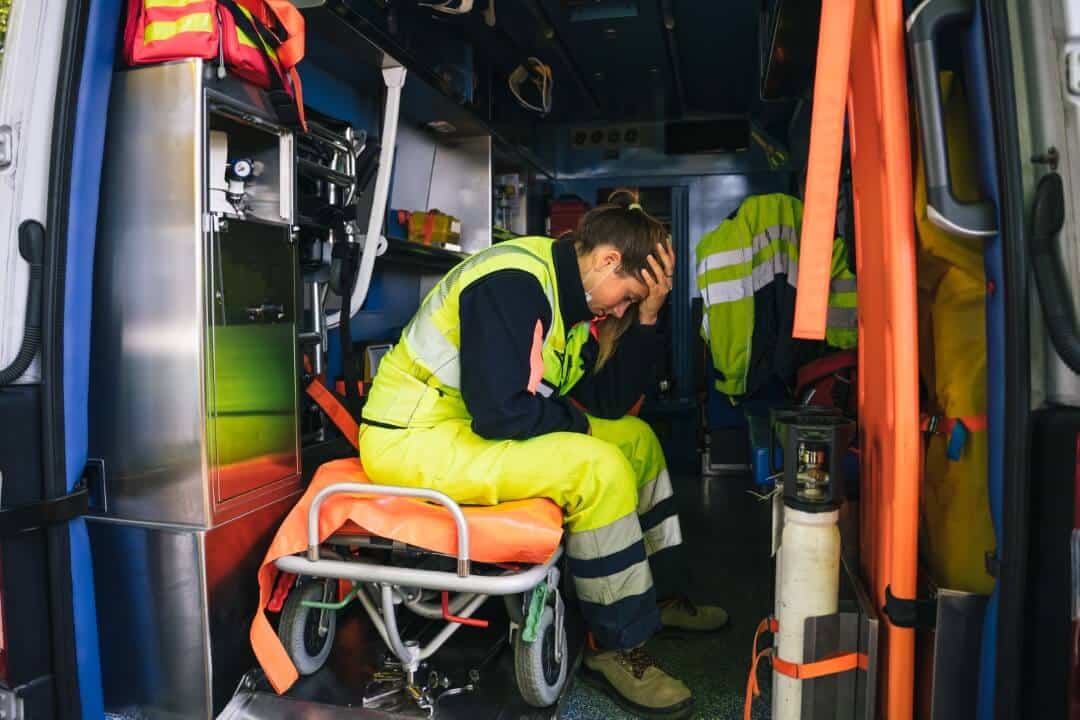
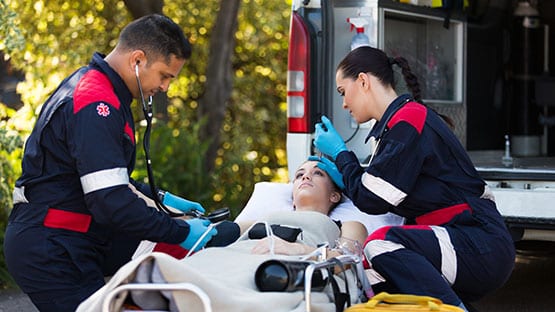
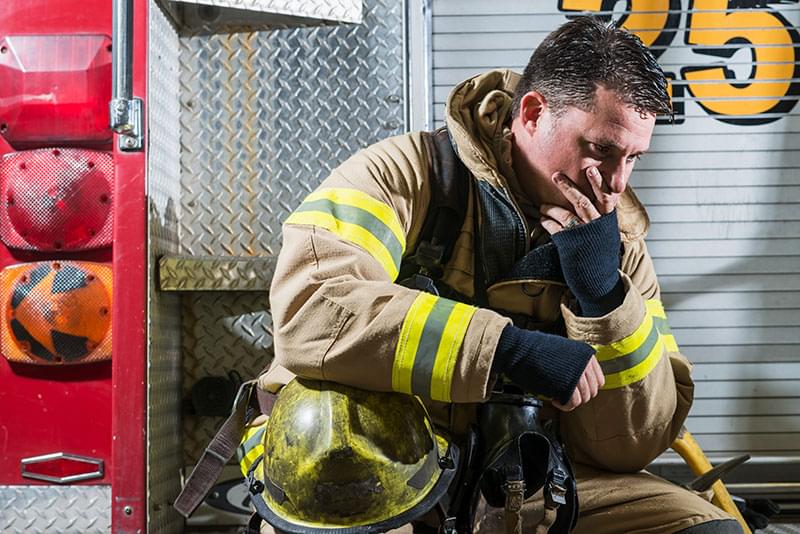
Why Choose Us for First Responder Addiction Treatment?
When you choose Calusa Recovery for first responder’s drug rehab, you gain access to our expert staff, newly renovated facility, and 24/7 support. Our extensive programming and services make getting and staying soberly accessible and even fun.
Our programs rely on both evidence-based and holistic treatment approaches, including:
- Cognitive behavioral therapy (CBT)
- Dialectical behavior therapy (DBT)
- Individual and group therapy
- Recovery Coaching
- Family therapy
- Dual diagnosis treatment
- Detoxification support
- Adventure-based experimental therapies
- Yoga
- Meditation and mindfulness
We adapt our treatment models to fit the needs of first responder’s from all walks of life. You can count on us to help you find the tools necessary to start on your personal path to recovery.
Discover Leading First Responder Drug Rehab
When it comes to first responder’s addiction treatment, no one does it quite like Calusa Recovery. If you or a loved one could benefit from compassionate, personalized addiction care, reach out to us today to learn more. We’re here to help you and your family make the best decision possible.





